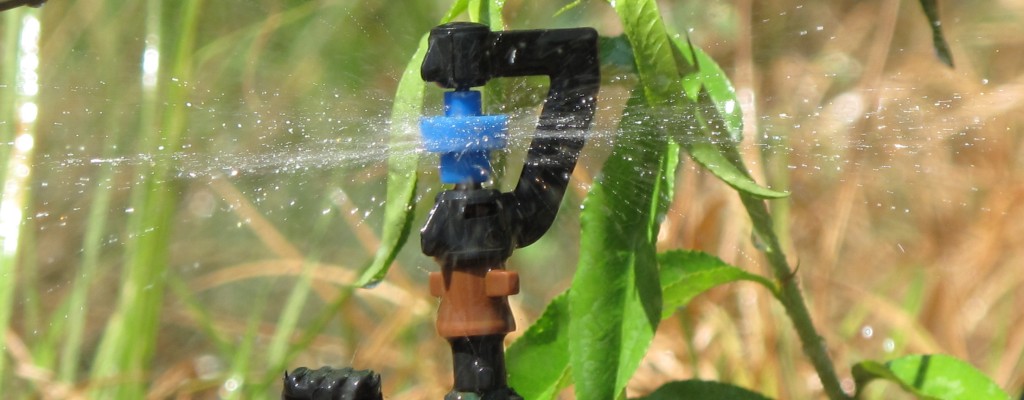UK growers are missing out on microbes
At the start of 2015, Real IPM Kenya director Louise Labuschagne gave the Oxford Farming Conference audience a stirring presentation on the potential for biopesticides in the UK. Her main points are summarised in Crop Protection Magazine as follows.
Biopesticides could offer UK growers real opportunities to deliver Integrated Pest Management (IPM) and reduce chemical use for as little as £20/ha, Oxford Farming Conference delegates were told.
Africa is currently leading the way in the use of biological controls, according to Louise Labuschagne of Real IPM, based in Kenya, but she called for growers here to take up the technology.
“If UK farmers are to have a real opportunity to reduce their use of chemical pesticides, then UK politicians need to take their hands out of their pockets and tell the crop protection regulators (CRD) to be more pragmatic,” she said.
African governments and regulators have created an “enabling environment” for low-pesticide farming, she claimed. That means growers in Kenya have four times as many opportunities to use biological controls than any grower in the EU, while those in South Africa have ten times as many.
“Top fruit growers in South Africa, with a similar climate to the UK, are using a wide range of biopesticides to control pests and diseases. They’re also able to meet the most stringent EU regulations on residues –– not just MRLs, but any pesticide residue at all.”
The “tools” Real IPM develops are microbes, such as fungi and bacteria that are known to attack pests and disease. “Some are also bio-fertilisers, such as Trichoderma and Bacillus spp, because they solubilise phosphate and make it available to the plant. We’re also the world’s largest producers of Phytoseiulus predatory mites,” she maintained.
The products are bee friendly and there’s also one that’s effective on the varroa mite. “We even use bees to transfer biopesticides to flowers –– Trichoderma is transferred for botrytis control, for example.” Bacillus subtilis can reduce wheat stem rust, while tank-mixing Metarhizium with neonicotinoids brings a synergistic effect, allowing chemical rates to be cut by half.
Real IPM is a small company that doesn’t have the deep pockets of global agrochemical giants, Louise Labuschagne pointed out. So how have its products been so successful at gaining pan-African registration? “Because of the pragmatic approach of regulators and governments who really do want a reduction in pesticide input. With a one-off payment per isolate of just £10,000 we’ve been able to access these markets,” she said.
“As soon as you allow farmers to use this technology, instead of always thinking about why you can’t use it, it gives them the opportunity to find out what they can achieve with it.”
Nor is the regulation regime in Africa lax, she pointed out – the British Government actually helped Kenya set up its biological control registration. “So why is the British Government helping us, but they’re not helping UK farmers?” asked Louise Labuschagne.
The regulatory regime in the UK has kept biopesticides prohibitively expensive, she said, whereas products available here range from £115-3400/ha. “But the bio-fertilisers we sell in Africa, and intend to sell in Europe, cost just £20/ha.”
The company is now setting up in the UK and looking for growers to invest. “We’re looking for sites to do efficacy trials in 2015. Stop just talking IPM and start doing it,” she urged.
